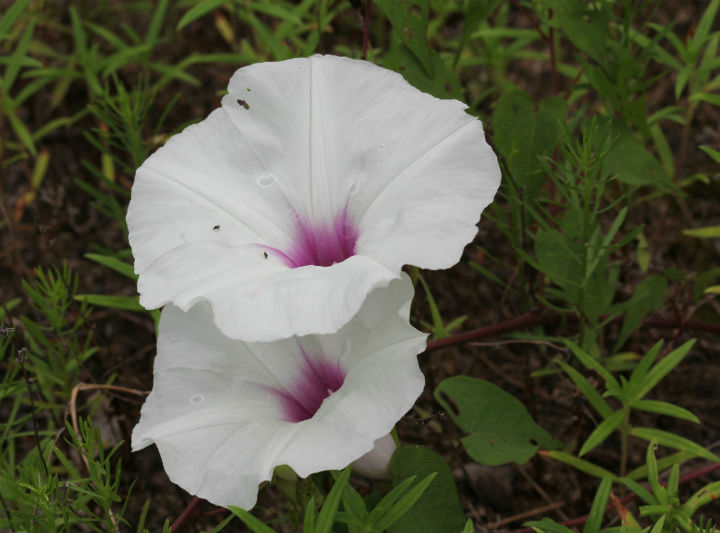NORTH BEACH, MARYLAND
A more-colorful-than-usual American Toad.
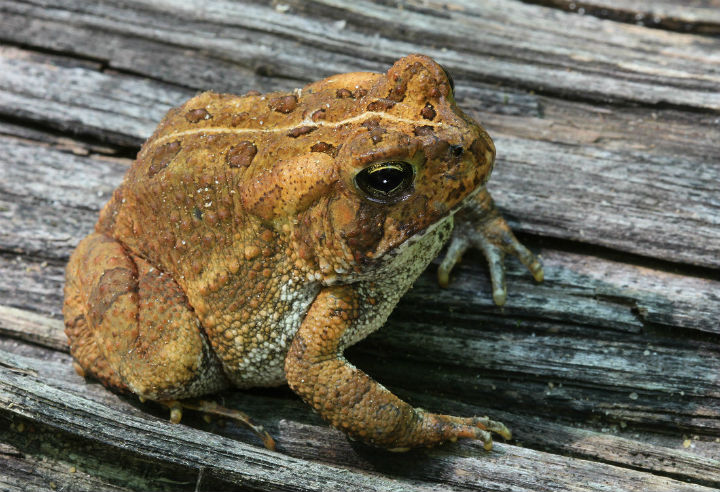
This butterfly garden had a number of creatures of interest.

The Zebra Swallowtail has distinctive wing shape with long "tails" and a black-and-white-striped pattern.
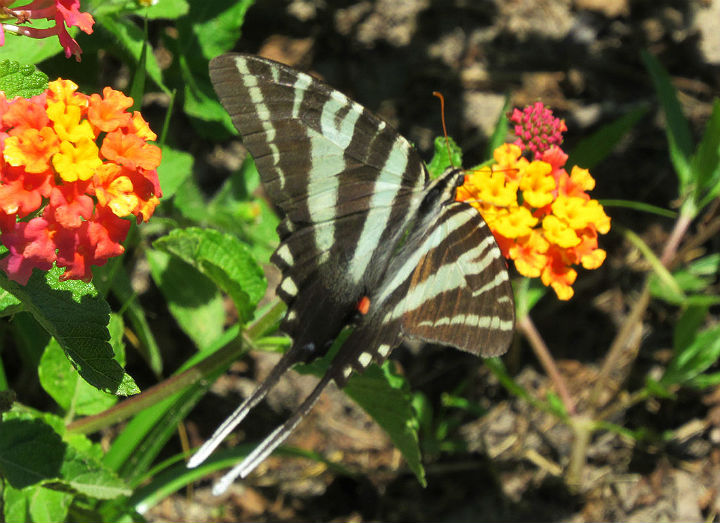
Fowler's Toads prefer sandy areas and were no doubt enjoying some of the insects that the butterfly garden was attracting.
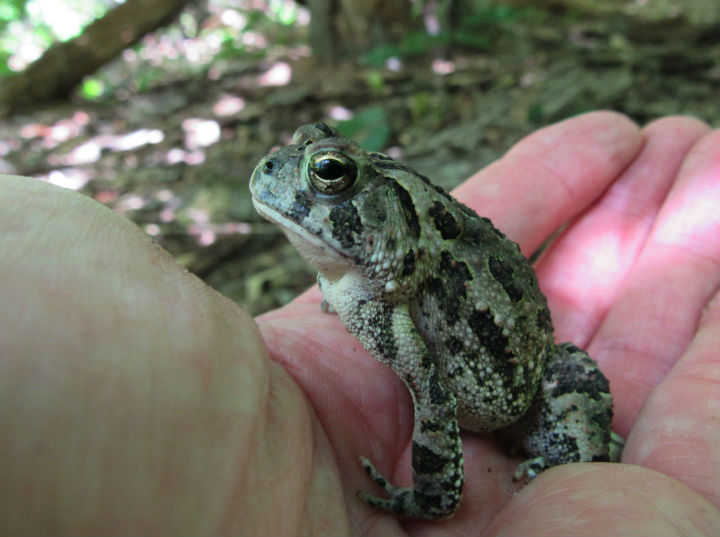
Male Red Admirals are territorial and often found in the same location day to day.
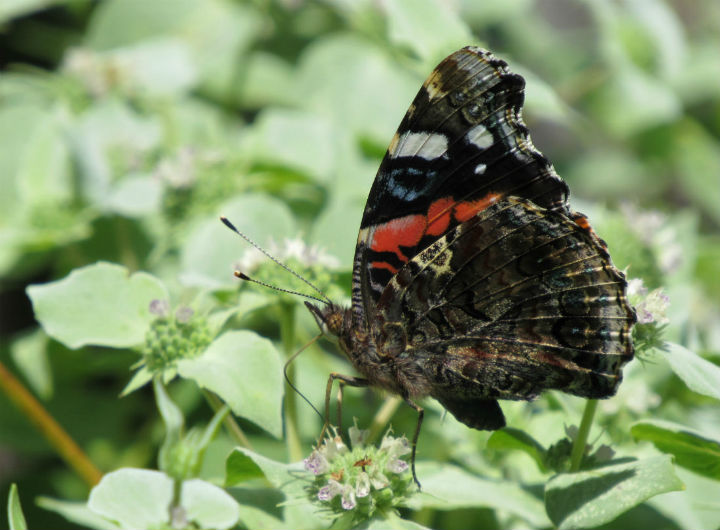
The Five-lined Skinks are one of the most common lizards in the area. As their name implies, they have five light lines that run down their backs and tails.
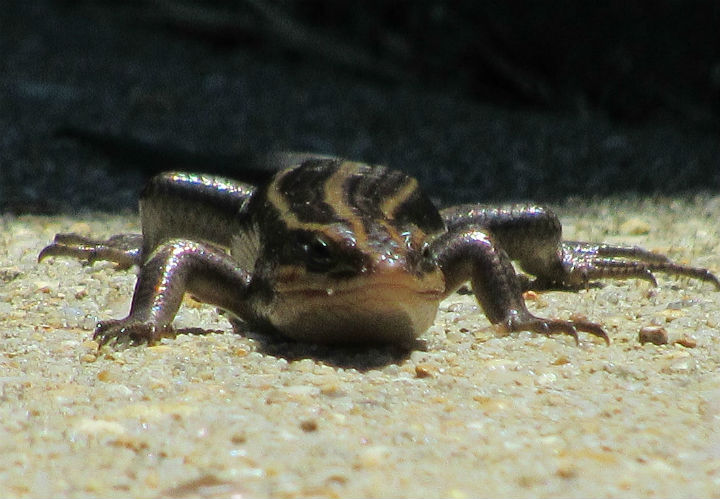
A robust and agile hunter that does not spin a web - the Wolf Spider.
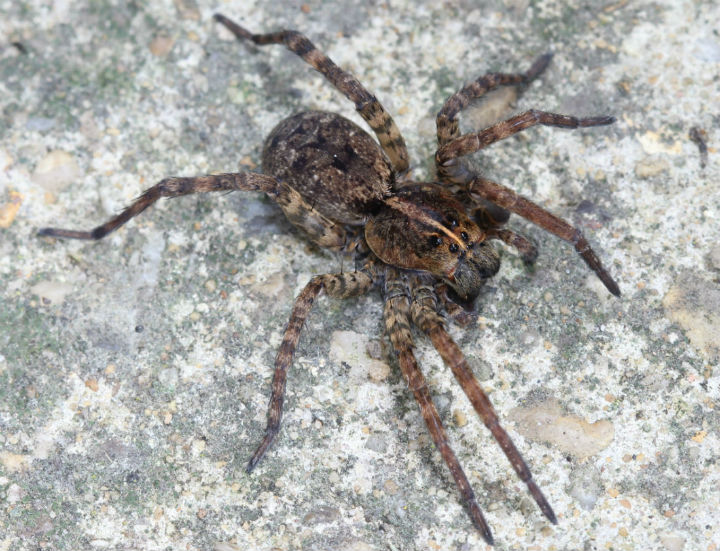
Like many other toads, Fowler's Toads have two kidney-shaped, raised parotid glands just behind their eyes that contain toxins. This is how these relatively slow-moving creatures prevent themselves from being eaten by predators.
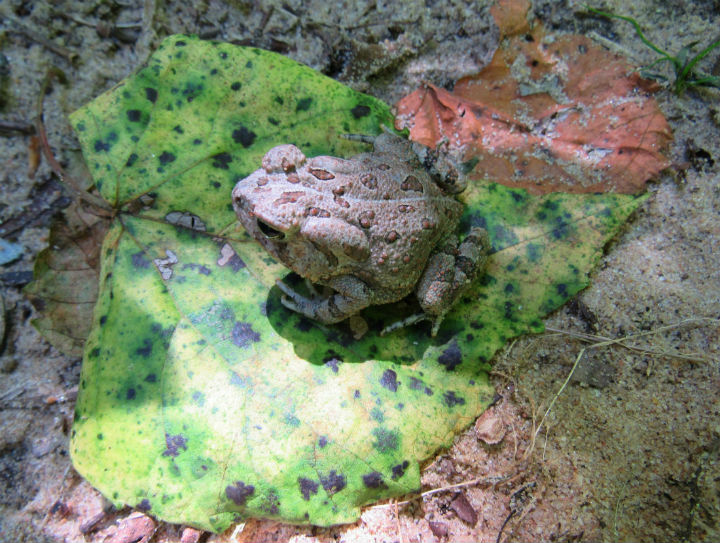
An Eastern Tiger Swallowtail, one of the most distinctive and familiar butterflies in the eastern United States.
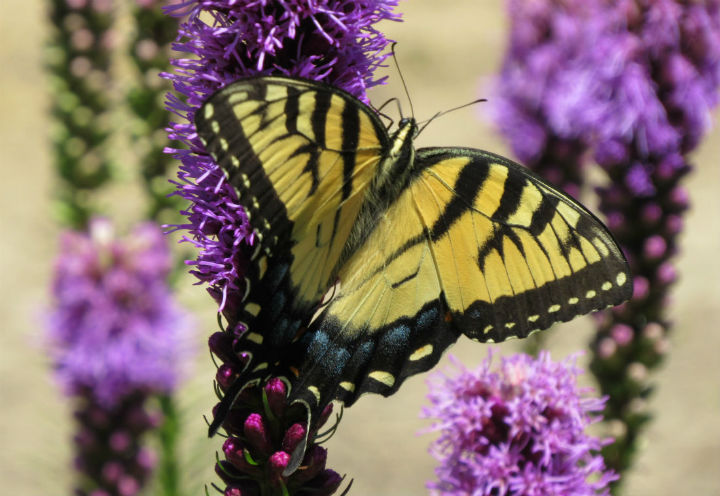
This Pine Barrens was a neat habitat to explore.
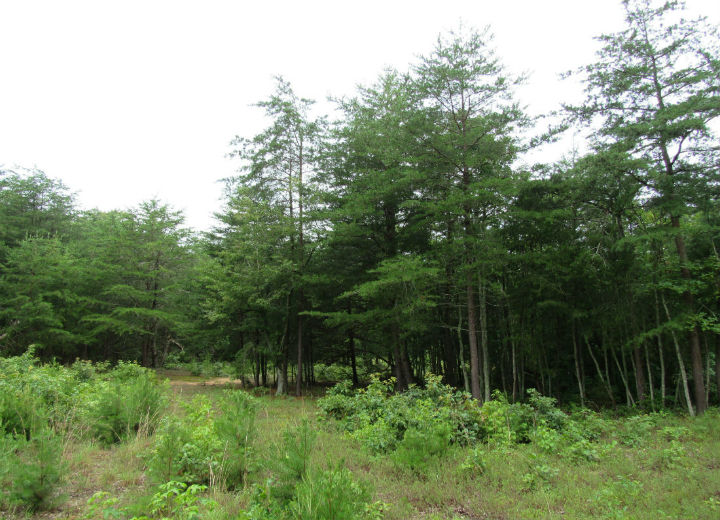
The Monarch - perhaps the most well-known and easily identified butterfly in the land.
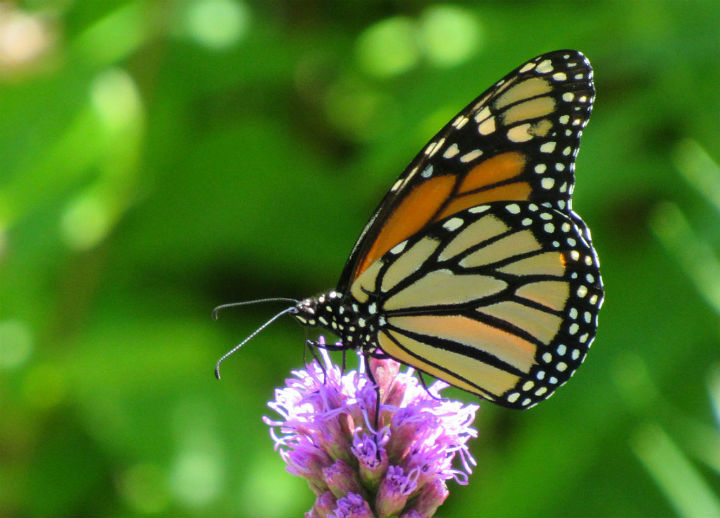
Six-lined Racerunners are one of the world's fastest lizards, being timed at running 18 miles per hour.
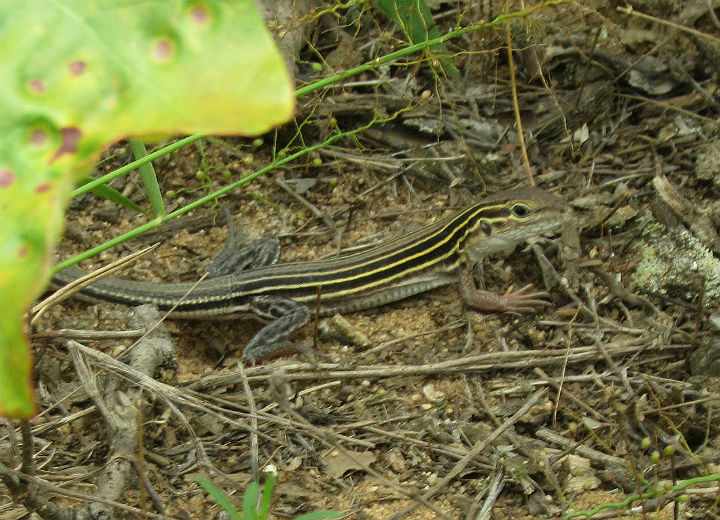
A cool-looking Orange-winged Grasshopper.
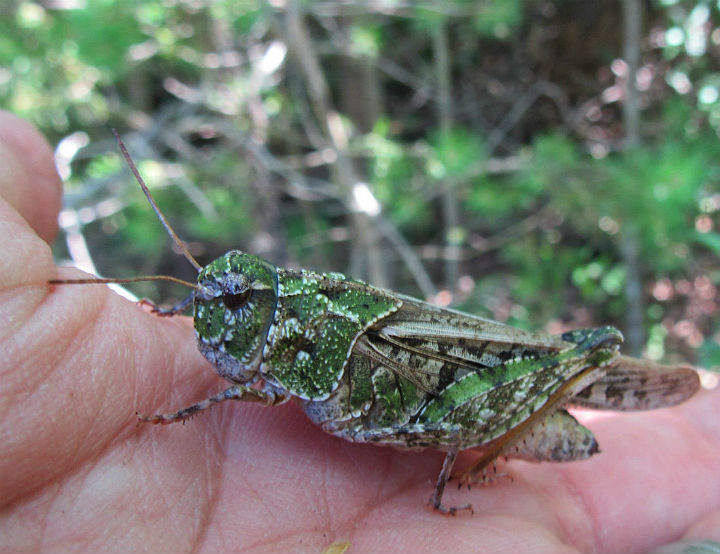
This female Eastern Box Turtle was making her way across the path.
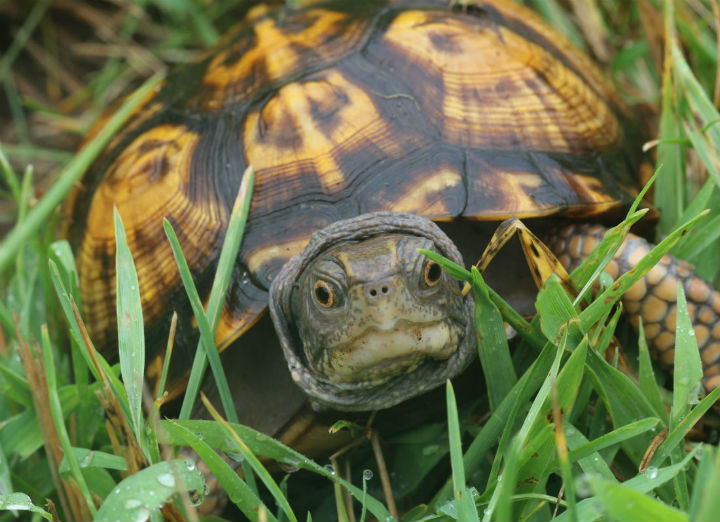
Fowler's Toads were commonplace, I do not get to see them very much in my home state of Ohio.
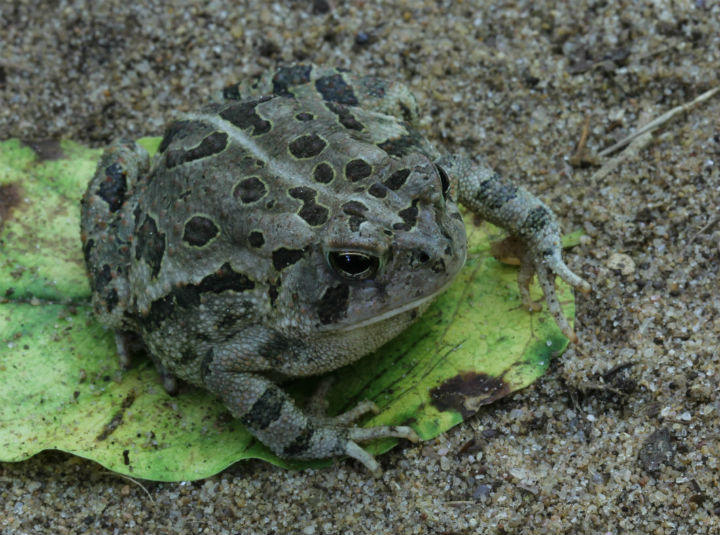
Wild Potato Vine, which is also known as Man of the Earth, Wild Sweet Potato and Bigroot Morning Glory.
